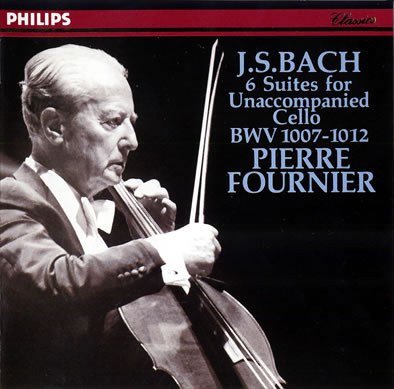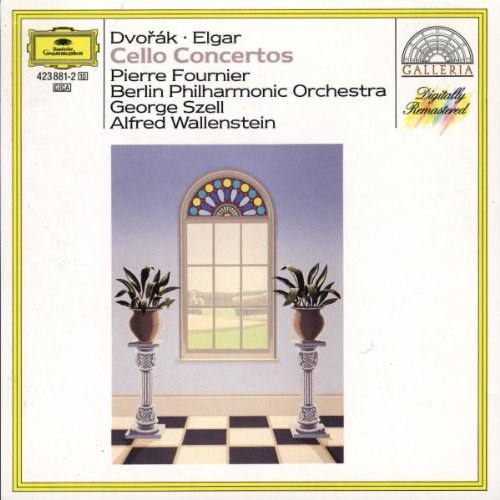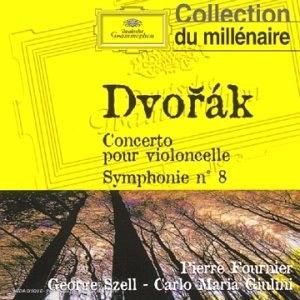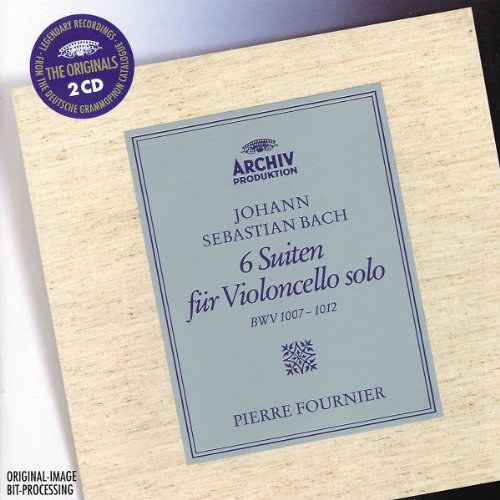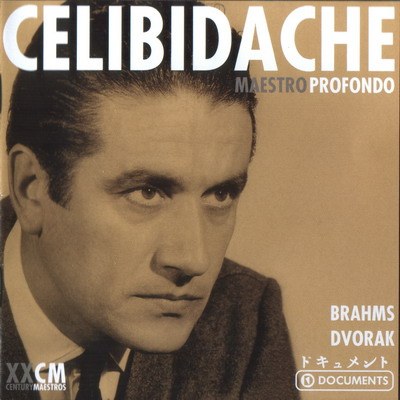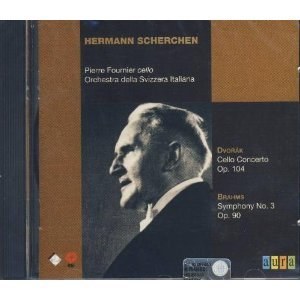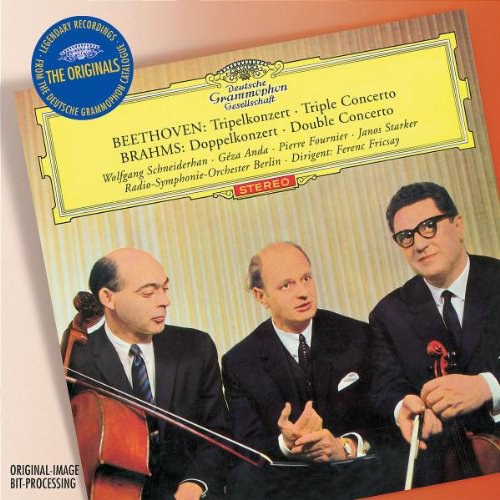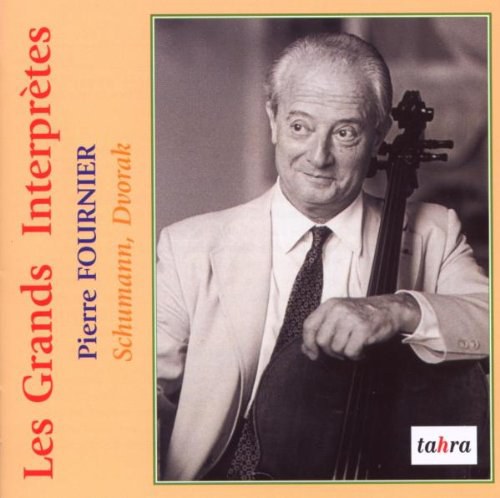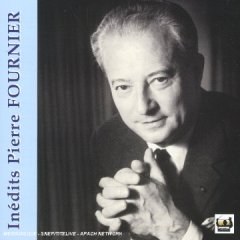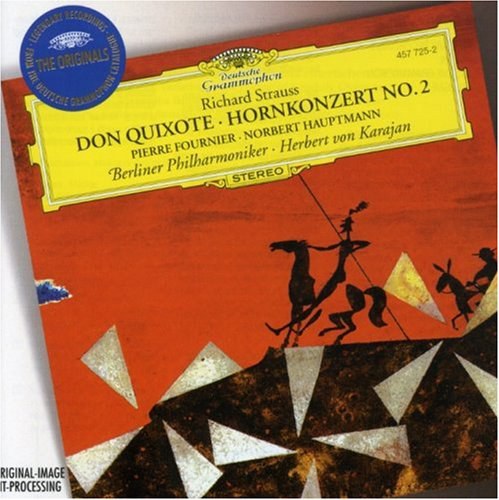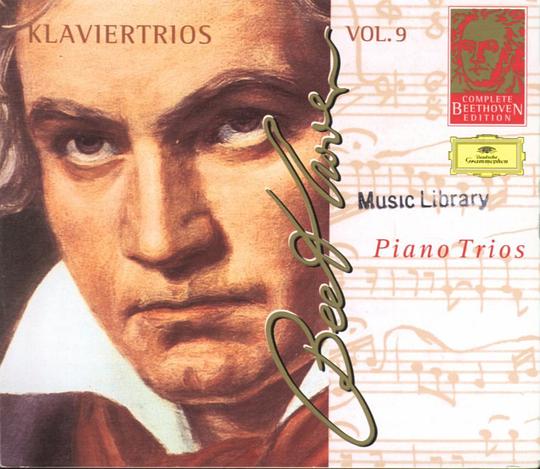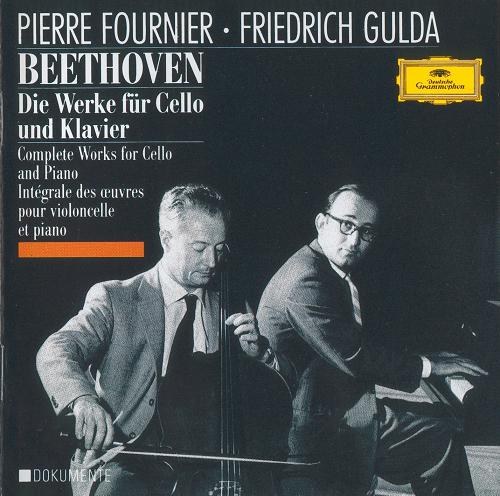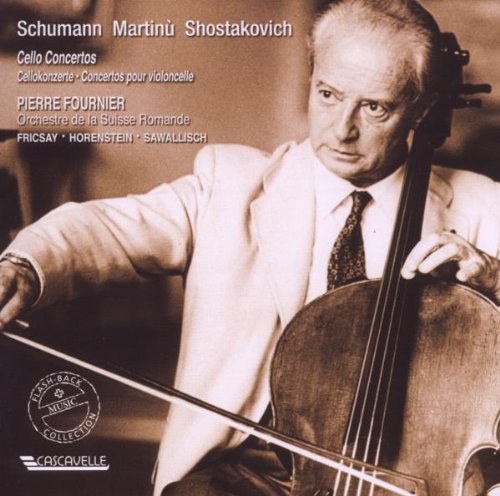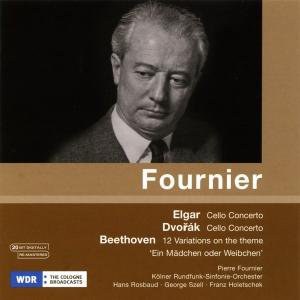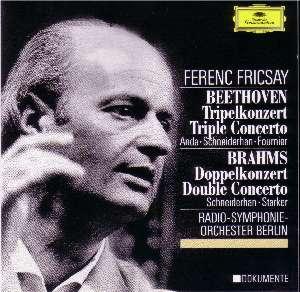Almost without exception, these performances by pianist Wilhelm Kempff, violinist Henryk Szeryng, and cellist Pierre Fournier are the most magnificent, the most magisterial, the most monumental, and the most fun of any ever recorded of Beethoven's piano trios. Separately, Kempff, Szeryng, and Fournier were among the best Beethoven players of the middle years of the twentieth century, and together they play like old friends whose affection for each other and the music has only grown deeper over the years. And, of course, the amazing thing is that these were, for the most part, ad hoc performances, performances done in the studio for Deutsche Grammophon's 1970 Beethoven edition but performances that have withstood the test of time so well that DG reissued them for its 1997 Beethoven edition. From their emotionally extravagant Op. 1 trios through the superlatively balanced Op. 70 trios to their final grand and sublime Op. 97 trio, Kempff, Szeryng, and Fournier's performances are superb. And while one might quibble with the inclusion of the Beaux Arts Trio's stolid performance of Beethoven's arrangement of his septet, no one would quibble with the exquisite performance of Beethoven's arrangement of his Symphony No. 2 by Besch, Brandis, and Boettcher. And the inclusion of every work Beethoven wrote for piano trio only increases the set's value.
